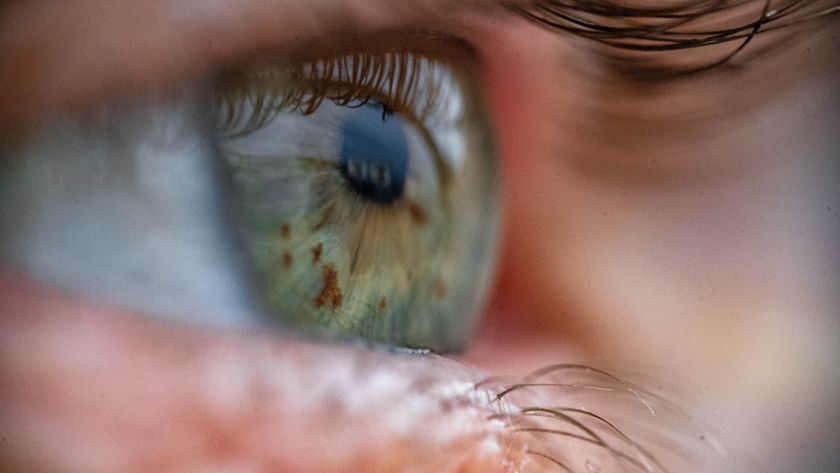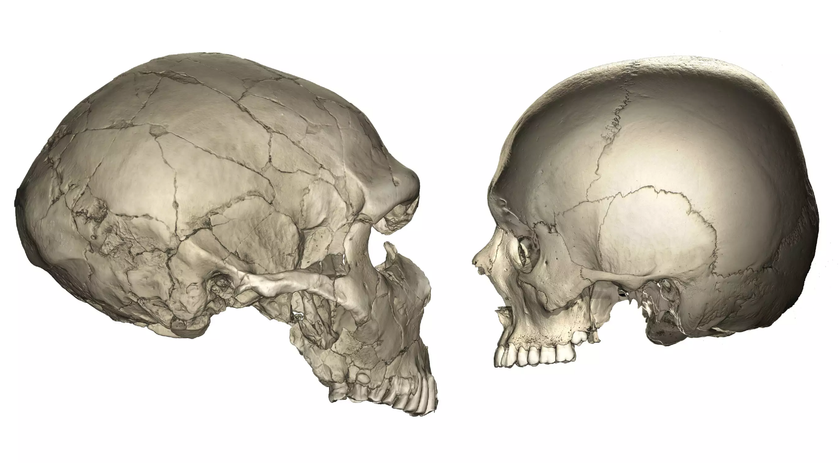'Tiger Mom' & Her Critics Both Right, Study Finds

NEW ORLEANS — In 2011, Yale Law professor Amy Chua caused a stir with a Wall Street Journal article titled "Why Chinese Mothers Are Superior," describing her strict methods of parenting. In the backlash to the article, critics accused Chua of hurting her daughters in her quest to make them succeed. For her part, Chua criticized the less strict, Western methods of parenting as being too lenient and setting kids up for failure.
Now, a new study suggests both Chua and her critics have a point. It's not that Western parents or Eastern parents have all the answers, this research suggests, but that the culture of families matters a great deal in how kids will perceive their parents' motivational style.
Parents in both cultures "want their children to succeed," Alyssa Fu, a doctoral student in psychology at Stanford University, said here Friday (Jan. 18) at the annual meeting of the Society for Personality and Social Psychology.
What's more, Fu told LiveScience, children from both cultures generally have good relationships with their parents.
"The nature of the relationship is what, I think, is different," she said.
Tiger vs. Western parenting
Chua's take-no-prisoners approach to parenting involved long hours of supervised practice at the piano for her daughter and compliments not for effort, but for mastery. She described her style as "tiger parenting," a method common in East Asian cultures.
Sign up for the Live Science daily newsletter now
Get the world’s most fascinating discoveries delivered straight to your inbox.
Western-style parenting, on the other hand, focuses more on self-esteem and independence for the child. These disparate approaches reflect differences in the two cultures, Fu said. [10 Scientific Tips for Raising Happy Kids]
Asian-Americans come from cultures that emphasize closeness to others, she said, while European-Americans see the ideal person as someone who stands on their own without assistance. She and her colleagues wanted to know if these two different outlooks would change how kids reacted to tiger-style mothering.
"We wanted to see, okay, how are people even thinking about their mothers to begin with?" she said.
The researchers asked 83 high-school students to describe their mothers in a couple of sentences. They found that Asian-American high schoolers were more likely to talk about their mothers' relationships to themselves than were European-Americans. Asian- Americans tended to mention things such as how their moms helped them with homework or pushed them to succeed, for example.
The European-Americans, on the other hand, were more likely to talk about their mothers as individuals — describing mom's looks or hobbies, for example. The schism suggests that Asian-Americans and European-Americans really do see moms differently, Fu said.
"For Asian-Americans, they are seeing themselves as connected in some way to their mothers," she said. "Not even just connected, but their mother is part of who they are."
Pressure and support
Next, the researchers asked 61 high-school students to rate how much pressure and support they felt from their moms. They also queried the students about their interdependence with their mothers, or how closely they felt they and their mothers depended on one another.
For European-Americans, such pressure was seen as negative. Kids who felt pressured by mom said she was less supportive and they felt less interdependent with her. But the same was not true for Asian-Americans. For these kids, pressure and support weren't related; mom could be high-pressure and still be seen as supportive as a low-key mother. The same was true of interdependence and pressure for Asian-American teens. [10 Surprising Facts About the Teen Brain]
"Asian-Americans feel supported by their mothers just as much as the European-Americans do, even though they are experiencing more pressure from their mothers," Fu said. Both groups of teens also rated their relationships with their mothers as good, a heartening finding given concerns that "tiger moms" might be harming their relationships with their kids, Fu said.
Other research, though, has found higher rates of depression and anxiety in high-achieving Asian-American kids in competitive high schools compared with European-American ones, linking those mental health problems to family conflict.
Finally, the researchers took a look at the link betweens moms and motivations. They gave 117 high-school students a difficult set of word puzzles and then asked the students to write a short essay either about their mothers or about themselves. Next, they had the students tackle yet more difficult word puzzles and counted how many they attempted before giving up.
The two groups were equally motivated after thinking about themselves, but Asian-American students completed more word puzzles than European-American students after thinking about their mothers. In other words, for Asian-Americans, mom seems to be an extra resource for motivation. For independence-focused European-Americans, feeling like mom is too involved may impair motivation, Fu said.
Both high-intensity tiger moms and low-key Western moms may have the right idea, depending on what their cultures expect from parenting.
"The European parents, they provide their children wings so their child can fly away and be free on their own," Fu said. "The Asian-American parents are more like the wind that is beneath the wings of their child, because they're always there, supporting the child, letting the child fly and reach success."
Follow Stephanie Pappas on Twitter @sipappas or LiveScience @livescience. We're also on Facebook & Google+.

Stephanie Pappas is a contributing writer for Live Science, covering topics ranging from geoscience to archaeology to the human brain and behavior. She was previously a senior writer for Live Science but is now a freelancer based in Denver, Colorado, and regularly contributes to Scientific American and The Monitor, the monthly magazine of the American Psychological Association. Stephanie received a bachelor's degree in psychology from the University of South Carolina and a graduate certificate in science communication from the University of California, Santa Cruz.










